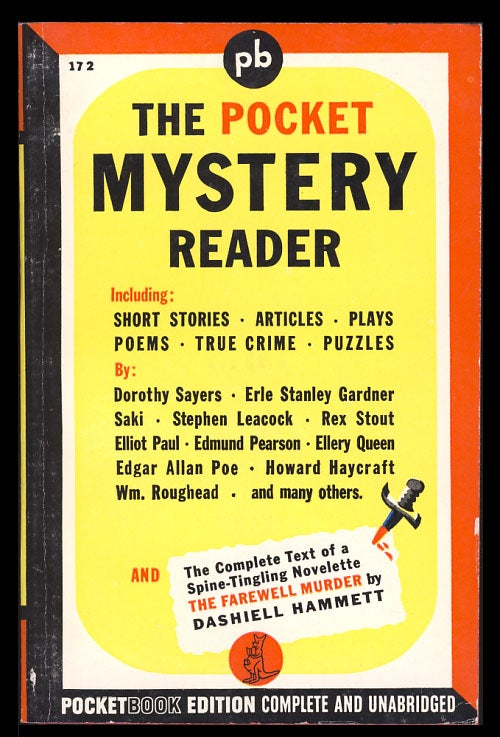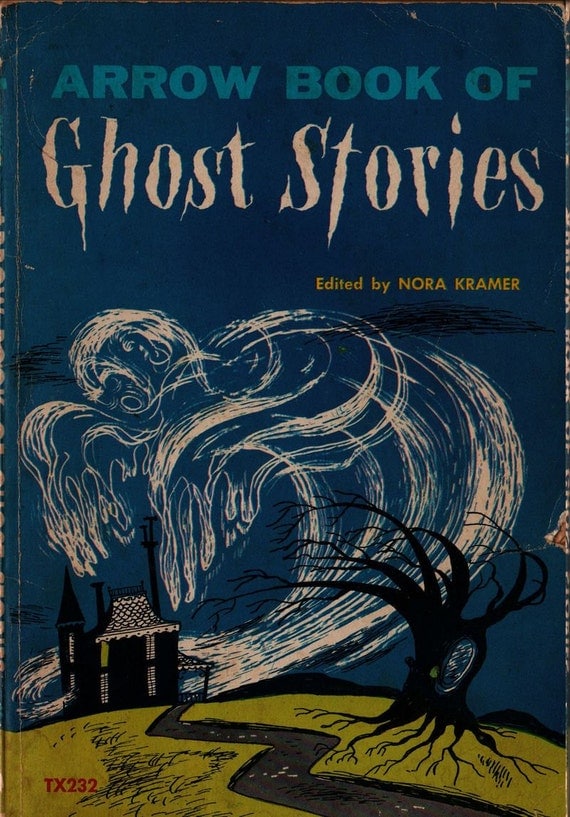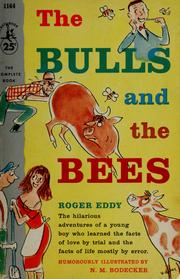I'm almost certain that I never read Arnold Lobel's books when I was a child myself—or at least none of them stand among all the many books I
do remember reading and rereading and adoring when I was younger. Lobel, as many probably already know, was the author and illustrator behind nearly 100 books, some of which he wrote himself, some which he illustrated for others. Among his best-known creations are probably the various Frog and Toad books
—Frog and Toad Are Friends (1970)
, Frog and Toad Together (1972),
Frog and Toad All Year (1976), and
Days with Frog and Toad (1979)—but he's also the author of
Prince Bertram the Bad (1963),
Small Pig (1969),
Owl at Home (1975),
Mouse Soup (1977)
, Uncle Elephant (1981), and the Caldecott Medal winner
Fables (1980), among scores of others.
While many of these books were certainly published in time for me to have read them as a child myself, my own experiences with Lobel's books has come later. The son of an old girlfriend loved
Small Pig, and the two of us bonded over a reading of it. One of my wife Tara's favorite childhood books was
Prince Bertram the Bad, a well-worn copy now, and when our son Dash was born, I tracked down a pristine first edition of it for us to share with him. And in addition to that book, Dash has grown to love other of the titles above—particular those Frog and Toad books (a gift from good friends) and
Uncle Elephant, the title that first introduced him to the idea of chapter books, of stories that add up to a larger story. (Is this the point where I plug my own novel-in-stories? Oh, well,
why not?)
I don't know that there's any part of the day I enjoy better than reading stories with Dash, and when I get to pick the evening's books, I often gravitate toward the Lobel titles on his shelves—stories that strike me again and again with their simplicity, their beauty, and their humanity.
Many people may think of children's books as teaching opportunities on various levels. Children need to learn to read, of course (our Frog and Toad collection is part of the "I Can Read!" series), but there's also the sense of lessons being learned, values being instilled, often some moral to the story in many books at this level. And I'm certain that there are lessons to be found in Lobel's books too—in the case of Frog and Toad, lessons about what friendship means and how friendship works, clearly, and it's been argued, persuasively, that these books also promote positive images of same-sex relationships;
here's just one essay of many on this idea.
What strikes me as much as those positive messages, however, is the fact that not everything in the books stays positive—which isn't to say that it's
negative, but rather that the author seems to acknowledge and appreciate the foibles and faults of characters as much as their strengths; in the story "A Swim," Toad is embarrassed by people seeing his bathing suit and laughing at him, and while a conventional story might have Frog ease him out of his embarrassment, boosting his ego, saving his pride, this one has Frog laughing along with everyone else at the end of the story, because, as he says, "you
do look funny in your bathing suit." The stories recognize too the capriciousness of the world, maybe even the indifference of the universe. I adore the story "The Surprise" in which Frog and Toad each sneak over to the other's yard to rake October's messy fallen leaves—such generosity!—but then, as each of them are returning home, a wind comes up and the piles of leaves that each of them have raked blow everywhere. With this twist, each of them get home to find not a freshly raked yard but the same old mess they'd left. As Frog says, "Tomorrow I will clean up the leaves that are all over my own lawn. How surprised Toad must be!" And in perfect balance, over at his own house, Toad says, "Tomorrow I will get to work and rake all of my own leaves. How surprised Frog must be!" The story ends with the sentence, "That night Frog and Toad were both happy when they each turned out the light and went to bed." O. Henry couldn't have done it better.
When I read Lobel with my son, I find myself not thinking of the lessons learned or the values instilled but of the sheer perfection—I do not use that word lightly—of the stories
as stories...and of what I as a writer might take from them. I mentioned simplicity above as a hallmark of his work, but I'm often in awe of the brilliant balance in these stories: the establishment of character, the laying in of only the necessary elements, the balance of all those elements, and the
rightness of the endings—which seem to me to strike that ideal mixture of being both surprising
and inevitable...and, to fall back on that other word, all too human. In the story "Christmas Eve," Toad is worried that Frog is late for the holiday dinner but he doesn't know how late because his clock is broken. Stuck in that timelessness and the literally immeasurable waiting, Toad begins to imagine the worst that could've happened to his friend, and he begins to gather everything he needs to save him: a rope to pull him from the hole he must have fallen in, a lantern to guide him from wherever he's become lost, a frying pan to battle the beast who might be threatening him. Thus armed, he rushes out into the cold night—only to run into Frog coming in. "I am very sorry to be late," says Frog. "I was wrapping your present"—which is, of course....
The New York Times obituary for Lobel noted that drawing came easier for him than writing: ''Writing is very painful to me,'' he said in an interview in 1979. ''I
have to force myself not to think in visual terms, because I know if I
start to think of pictures, I'll cop out on the text.'' Whatever the process, the stories themselves prove that the pain paid off—at least for us readers and us writers too, who maybe can learn something of our own from all this.
What about others? Any other writers out there who can point to children's books or stories that have informed their own work? or that serve as a model for what you yourself want to do? I'm intrigued to hear—for selfish reasons, ultimately. Dash always needs more good things to read.


.jpg)






















